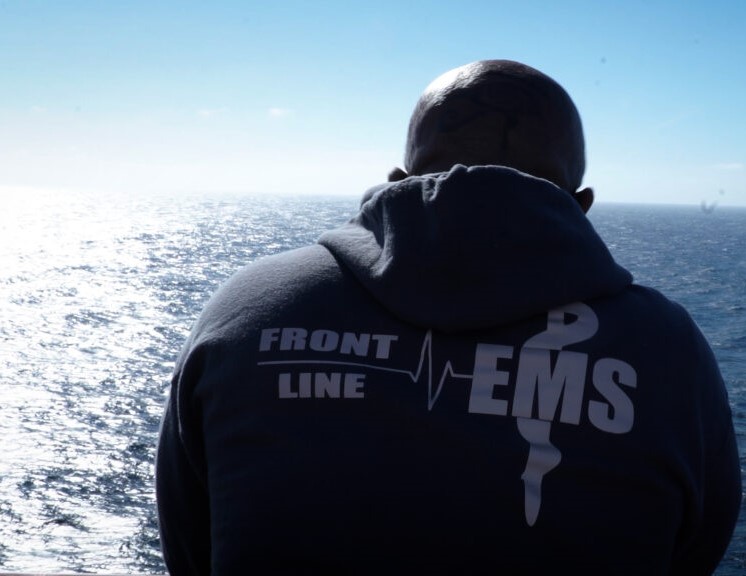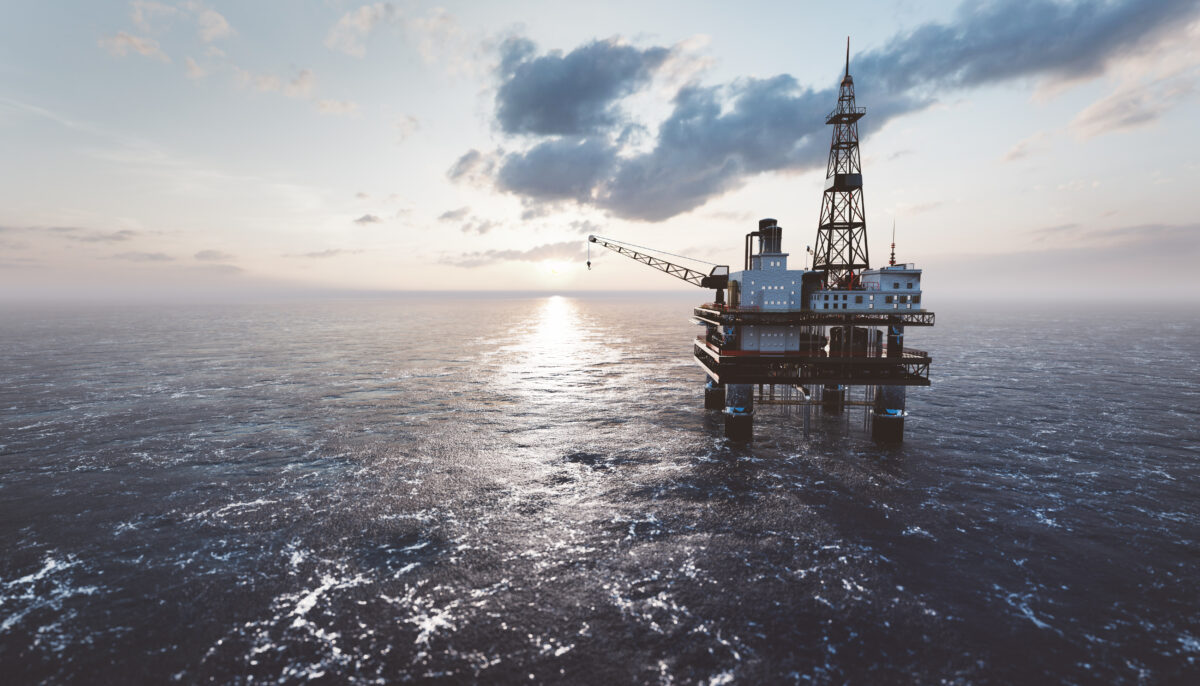Two traumatic amputations, two crush injuries, and one Medic — three lives saved.
Emily Mann, an EMT with us here at Front Line EMS, was on assignment as a lone medical provider in rural Texas. She was responsible for the medical care for the crew of a large energy company in the state. Medics like Emily can work months without ever receiving a call or even putting on a band-aid. The work can oftentimes be dull and boring until the moment disaster strikes.
DAY-TO-DAY
Emily was responsible for the emergency medical care of 600 plus energy workers. The day started like any other, business (or the lack thereof) as usual, until 11 am when Emily received a “Mayday” over the radio. On a site 3 miles away, while hoisting a heavy load, a high-tension cable snapped sending the equipment hurtling down onto four energy workers below.
Emily responded to two traumatic amputations and two crush injuries. She quickly accessed the incident and delegated duties to the other workers on site. Thanks to her heroics, she was able to secure three medevac flights to nearby hospitals. The three workers survived because of Emily’s knowledge and training, resourcefulness, and quick decision-making.
It is situations like these that helped us recognize the need for more specialized medics in remote environments, areas where clinical medics and neighborhood ambulance workers, regardless of their years of experience, just cannot cut it. We identified that these remote environments could benefit from the following: austere expertise, military backgrounds, battle-tested, well-practiced providers, and a rapid deployment-ready medical team. Solving these needs, and building the solutions deep into our company’s core values is why we are now excelling in the remote medical industry.

SPECIALIZED TRAINING FOR REMOTE
Having providers that are highly specialized in remote and extreme environments allows for medics to respond under higher-pressure situations where resources, time, and manpower may be limited. When the pressure is on, they are incredibly capable at utilizing the little they have and can accomplish more than typical medics who are accustomed to working while being more heavily resourced.
Additionally, we’ve found that medics with a military background bring the ruggedness and resourcefulness to address the most severe situations in emergency medicine. Along with the added benefits of respecting the chain of command, and doing well without creature comforts, these medics have already proven themselves as unusually strong assets in the wilderness, where we have raised the bar in extremely remote wildland fire medicine. A crew cabin on an oil rig is luxury compared to the months these providers have spent roughing it in the wild, sleeping in a tent and working out of a single medical pack.
We have also found that medics assigned to remote environments, especially in a crisis mitigation role, tend to become stagnant and unpracticed. Front Line EMS has built a medical corps that is in use in many different remote environments: some in slower standby roles, and some in high-action, intense roles. For example, we contract with the federal government to place medics in some of the most dangerous and busiest remote environments that EMS can operate. Cycling all our medics through these busy remote locations where medical skills are regularly practiced and developed is a crucial part of bringing the best to our slower contracts, as opposed to the approach taken by most off-shore medical service companies: cycling the same unpracticed medics through the same sites where real, regular practice just doesn’t regularly occur. Taking our approach of guaranteed action and practice for our providers when they’re not at a slow site means Front Line’s medics handle the day-to-day clinic work better than most and the rare catastrophes better than any.
WHO WE ARE
Front Line EMS is here to care for and save remote and offshore workers when disaster strikes, developed as a company to bring the very best into this space Seconds can be the difference between life and death, and Front Line EMS providers like Emily provide effective life-saving, decisive action at any time. The need for bringing the very best is why Front Line vets, interviews, and hires only the top emergency medical workers from around the world. Our providers, wherever they are located, are willing and ready to rapidly deploy faster than has ever been done before. Our entire team stands ready to deploy to any assignment rapidly. How rapidly? We have always been mission-ready nationwide in a matter of hours. Why does this matter? Let’s face it. From experience, we can tell you that most calls for medical services come as a last-minute, urgent request, and when a services company fills an urgent request, you’re usually not getting their best, you’re getting the first thing they can send you, generally not the best. Since the Front Line EMS team is so elite and rapid deployment is something our entire workforce is ready for at any time, our clients never have to settle, no matter how quickly they need resources.
Offshore disasters happen more than anyone would like, but with the bar now raised for remote medical care standards, the industry is better off, as we here at Front Line help ensure offshore disasters don’t become offshore tragedies, doing what we do best: daring to care, no matter where

